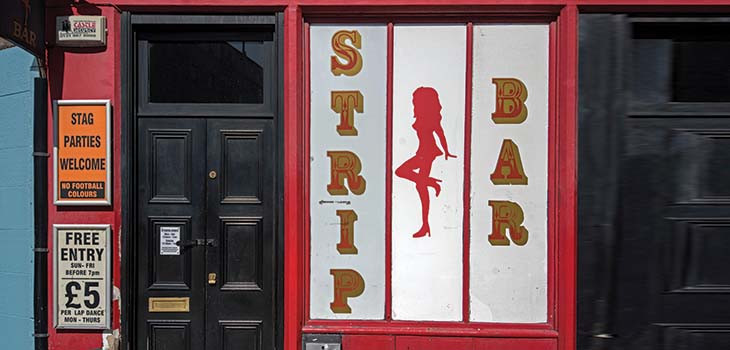
- The issue of sexual entertainment venues spans a wide spectrum of legal issues, including environmental, employment and local authority concerns, all of which impact on the licensing of the industry.
- A number of local councils have effectively enacted bans of such venues by implementing the ‘nil cap’ policy (thereby restricting the number of permitted venues to zero).
Lap dancing clubs are classified under s 27 of the Policing and Crime Act 2009 (PCA 2009) as ‘sexual entertainment venues’ (SEVs). They were licensed to operate under the local authority’s power to grant them a licence and the entertainment they offered was any live performance or display of nudity for the purpose of ‘sexually stimulating’ any member of the audience.
The ban by Edinburgh City Council on all strip clubs in March 2022 (against which the United Sex Workers union has now sought to launch a legal challenge) and the ongoing public consultation issued





.tmb-mov69x69.jpg?sfvrsn=961ae4db_1)
95ca96e3d47f4eff8d147c4f0df17c77.tmb-mov69x69.png?sfvrsn=3db5d86b_1)

